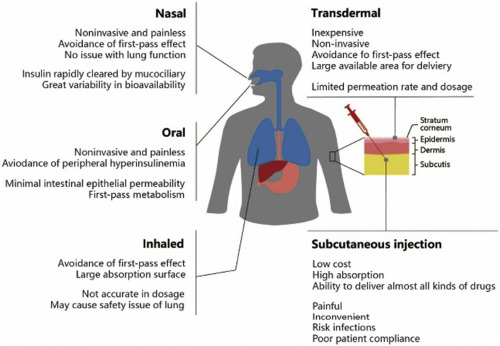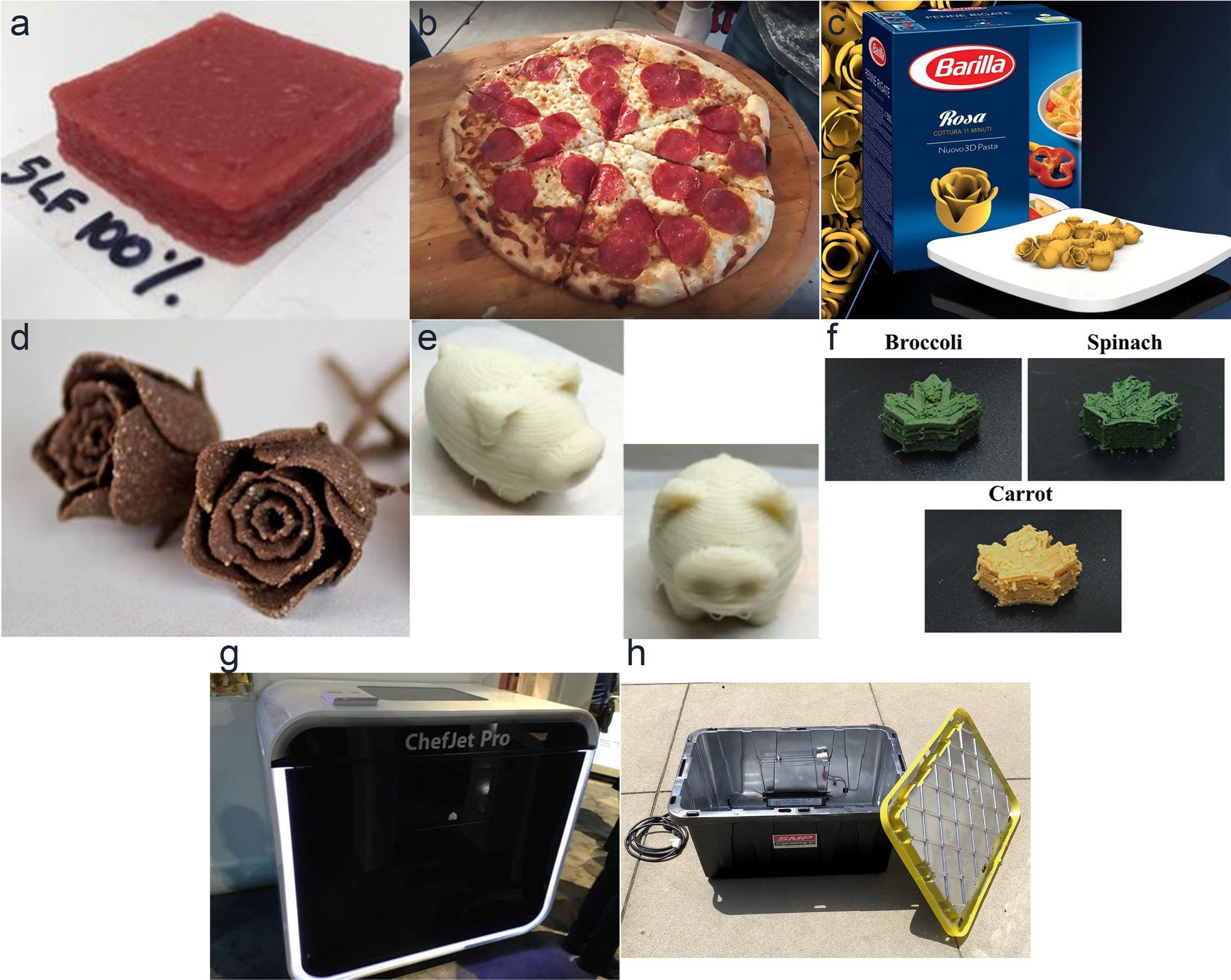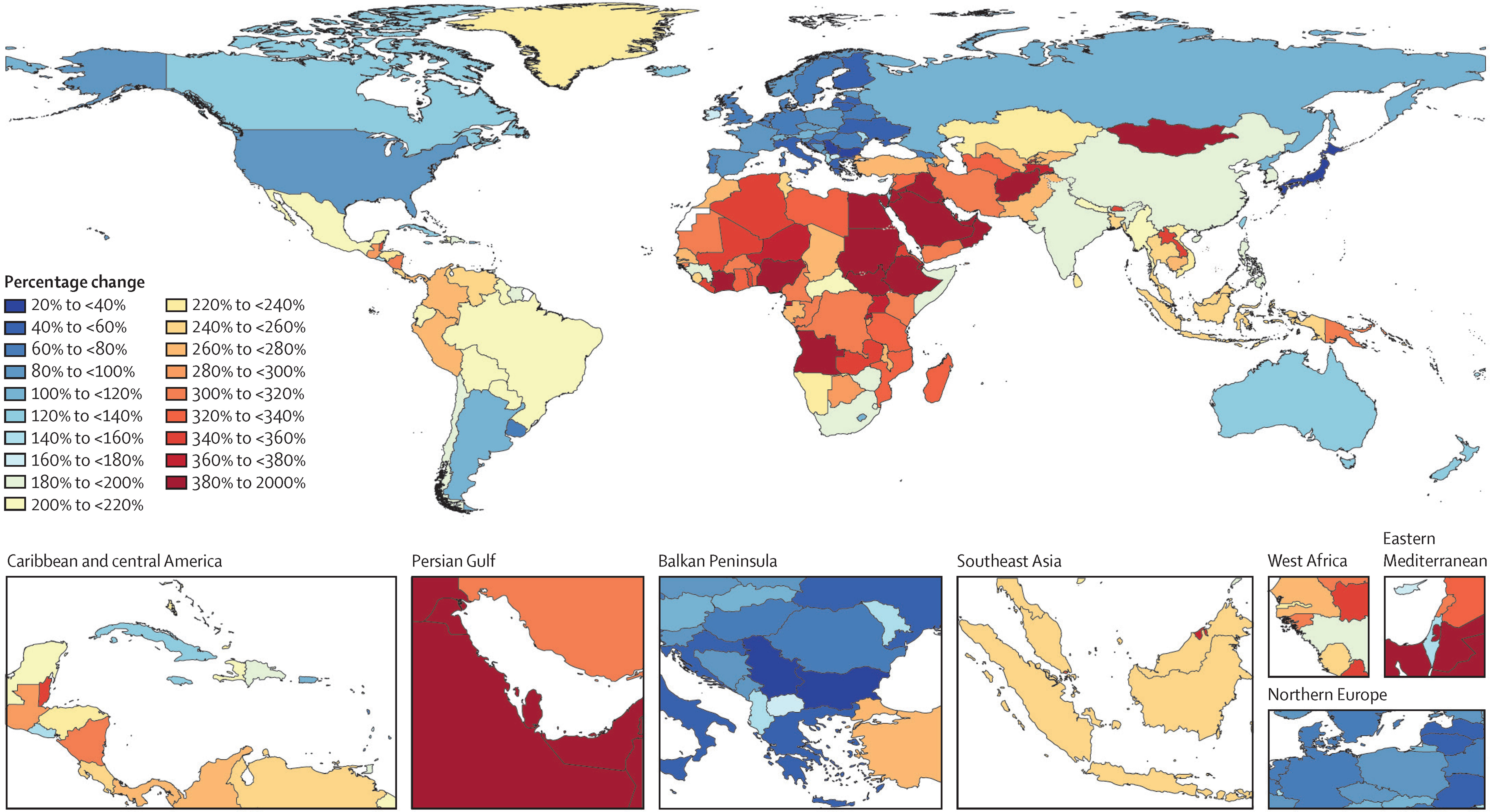Elsevier,
Diabetes Without Needles, Non-invasive Diagnostics and Health Management, 2022, Pages 27-92
Introduces diabetes including past, present, and future achievements in this field. The goal of SDG target 3.4.1 is to reduce the mortality rate attributed to cardiovascular disease, cancer, diabetes or chronic respiratory disease
COVID-19 is having a far-reaching negative impact on global economic and social development. One of the challenges arising from the pandemic is ensuring food security, especially with respect to cold chain food.
This article advances SDG # 3 and 13 through its examination of the medical concepts of hope and helplessness and applies these medical and philosophical frameworks to the climate crisis.
This study, relevant to Goals 3, 10, and 13, examined how often and in which countries health considerations were factored into a country’s Nationally Determined Contributions (NDC’s) for climate commitments. They found that countries with the greatest vulnerability to climate change health effects – largely countries with the fewest resources – considered health effects the most. The authors recommend that considering health, even in higher resourced countries, can increase public backing for ambitious climate goals.
An article on the global prevalence of dementia, in the context of SGD 3, focusing specifically on forecasting country-level estimates of dementia prevalence attributable to high BMI, high fasting glucose, and smoking, from 2019 to 2050.
This article advances SDG goals 3, 5 and 10 by examining disparities in lung cancer treatment and survival rate by race, gender, sexual identitity, and disability status with the goal of understanding the current situation to improve future outcomes.
This book chapter advances SDG 3 and 10 by presenting that (1) some of these depression scales do not correlate, suggesting that they assess different aspects of depression; (2) reports of depression in dementia vary based on depression in dementia scale used; and (3) severe memory impairment may impact the ability to assess depression in the patients using self-reports.
This book chapter advances SDG #3 and #10 by reviewing studies that showed treatments with multiple sessions of rTMS can influence cognition in people with neurodegenerative diseases. The chapter also considers novel therapeutic approaches based on the clinical use of rTMS.
This content aligns with SDG Goal 3 Good Health and Well being and Goal 12 Responsible Consumption and Production as it emphasizes distinct green strategies, solar production and more.
Links to SDG6 and the theme of WWD as it covers the presence of emerging pollutants in aquatic systems such as rivers, lakes, groundwater, glaciers, wetlands, the ocean poses significant risks to human and environmental health.



